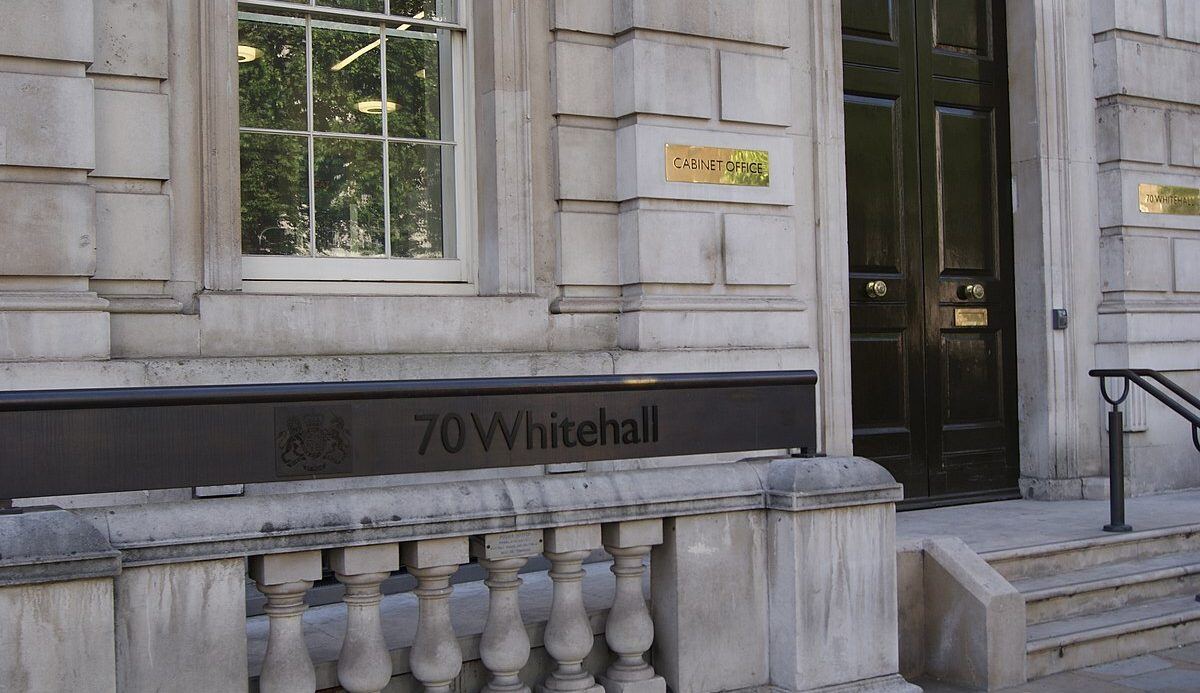Public Procurement: Growing British industry, jobs and skills - consultation on further reforms to public procurement
The UK Government has released its consultation on reforms to public procurement.
Public procurement is a key lever in achieving the Government’s missions. By sourcing goods and services that provide value for money, we can drive sustainable growth and empower local communities. Taxpayer money must champion British businesses and create good local jobs while protecting our national resilience and economic security. We expect leaders in contracting authorities to carefully consider how they approach the exercise of their procurement functions to best support the delivery of the Government’s missions. This goes further than just thinking about how procurements are structured and contracts are delivered; to include how services are designed, whose voices are being heard as part of the commissioning process, how a community’s needs are met, and how markets are created and managed to foster a competitive and dynamic local economy.
The Procurement Act 2023 (the ‘Act’) reformed the rules that govern the £385billion spent through public procurement every year. In line with the manifesto, the Government intends to use the Act to create a simpler and more transparent regime for public sector procurement that delivers better value for money, drives economic growth, and safeguards national interests.
The Act came into force on 24 February 2025 with a new National Procurement Policy Statement (NPPS) setting out the Government’s strategic priorities for public procurement. The Act revoked the previous regulations, (i.e. the Public Contracts Regulations 2015, the Concession Contracts Regulations 2016, the Utilities Contracts Regulations 2016 and the Defence and Security Public Contracts Regulations 2011). However, some procurements will continue to take place under these ‘previous rules’.
Actions implemented in central government
To support implementation of the NPPS, the Government has already introduced a number of new measures:
- All central government departments and their arms length bodies (ALBs) will set threeyear targets for direct spend with SMEs from 1 April 2025 (with targets for VCSEs to follow in 2026) and publish progress annually.
- Requiring departments to exclude suppliers from bidding for major contracts (+£5m) if they cannot demonstrate they pay their invoices in an average of 45 days.
- Publishing an update to the model for taking account of social value in central government procurement, streamlining the standard criteria and aligning with the five missions.
- Establishing a new online register of commercial agreements that will give contracting authorities better visibility of existing frameworks and the fees they charge, improving decision-making and ensuring value is maximised.
The Government is also considering giving Ministers powers to designate specific services, works or goods as critical to our economic security (e.g. to protect national supply chain resilience) and allowing them to direct contracting authorities to take this into account when considering whether the national security exemption in the Procurement Act 2023 applies to a particular procurement.
The proposals in this consultation aim to build on these measures to ensure that public procurement plays its full role in delivering the Government’s industrial strategy and fostering a resilient economy that supports British businesses and creates good jobs in communities across the country. These reforms will enhance the UK’s economic resilience and strengthen supply chains in line with the Government’s industrial strategy. They will open up more opportunities for small and medium-sized enterprises (SMEs) and voluntary, community, and social enterprises (VCSEs), which are vital for driving the UK economy. This approach will enable public procurement to advance the national interest while respecting the UK’s international trade commitments.
Proposals for consultation
Supporting small businesses and social enterprises
- Requiring large contracting authorities with spend over £100m p.a. to publish their own 3-year target for direct spend with SMEs and VCSEs and report against it annually, as well as extending spend reporting requirements.
- Requiring contracting authorities to exclude suppliers from bidding on major contracts (+£5m) if they cannot demonstrate prompt payment of invoices to their supply chains.
- Clarifying in primary legislation where it may be appropriate to award contracts for certain services delivered to vulnerable citizens without full competitive procedure, so that decisions can be driven by the needs of the individuals and vulnerable groups.
Supporting national capability
- Requiring contracting authorities to make a standard assessment before procuring a major contract (+£5m) in order to test whether service delivery should be inhouse or outsourced.
Supporting local jobs and skills
- Requiring contracting authorities to set at least one award criteria in major procurements (+£5m) which relates to the quality of the supplier’s contribution to jobs, opportunities or skills. Contracting authorities would need to apply a minimum weighting of 10% of the scores available, to social value award criteria.
- Requiring contracting authorities to set at least one social value KPI relating to jobs, opportunities or skills in major contracts (+£5m) and report on delivery performance against this KPI in the contract performance notice.
- Requiring contracting authorities to use standard social value criteria and metrics selected from a streamlined list (to be co-designed with the public sector and suppliers) in their procurement of public contracts.
- Allowing contracting authorities to specify the area in which the social value is to be delivered by choosing between the location of a contracting authority’s area of responsibility, the location where the contract will be performed, or the location where the supplier is based.
Based on the feedback on these proposals and when parliamentary time allows, the Government intends to introduce legislation to amend the Act. As part of this process the government will also look to introduce minor technical amendments to the Act under this legislation.
Application
The Government anticipates that the reforms proposed in this consultation would only apply in respect of contracting authorities undertaking wholly or mainly reserved functions. We will continue to engage with the Welsh Government, Northern Ireland Executive and Scottish Government about the application of these proposed reforms.
How to respond to this consultation
The consultation opened on 26.06.2025 and closes on 05.09.2025.
The Government invites you to respond to the questions in this consultation by 05.09.2025. Please respond by completing the survey at the following link: https://www.smartsurvey.co.uk/s/2OEDOL/. If you have any queries in relation to completing the survey please email procurement.reform@cabinetoffice.gov.uk.
This consultation seeks feedback on whether the suggested proposals meet the intended policy ambitions as set out within the consultation. The majority of questions will ask respondents to state to what extent they agree or disagree with the question posed under each section. Respondents should reply using the following scale; strongly disagree, disagree; neither agree nor disagree; agree; strongly agree. Where respondents disagree or strongly disagree with the question, they have the opportunity to explain why they believe this to be the case.
Read the full consultation below.
Source: UK Government: https://www.gov.uk/government/consultations/public-procurement-growing-british-industry-jobs-and-skills-consultation-on-further-reforms-to-public-procurement
The Critical Supply Group consists of companies and professionals committed to secure and resilient critical supply chains. CSG is managed by MAP UK & International. For more details, including how to get involved, or to make contact with any of the entities involved, please email info@mapukinternational.com.
.png?quality=high&width=300&height=141&name=CSG%20Logo%20c%20(1).png)


